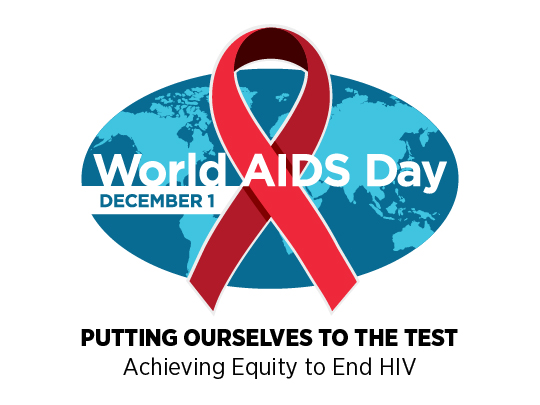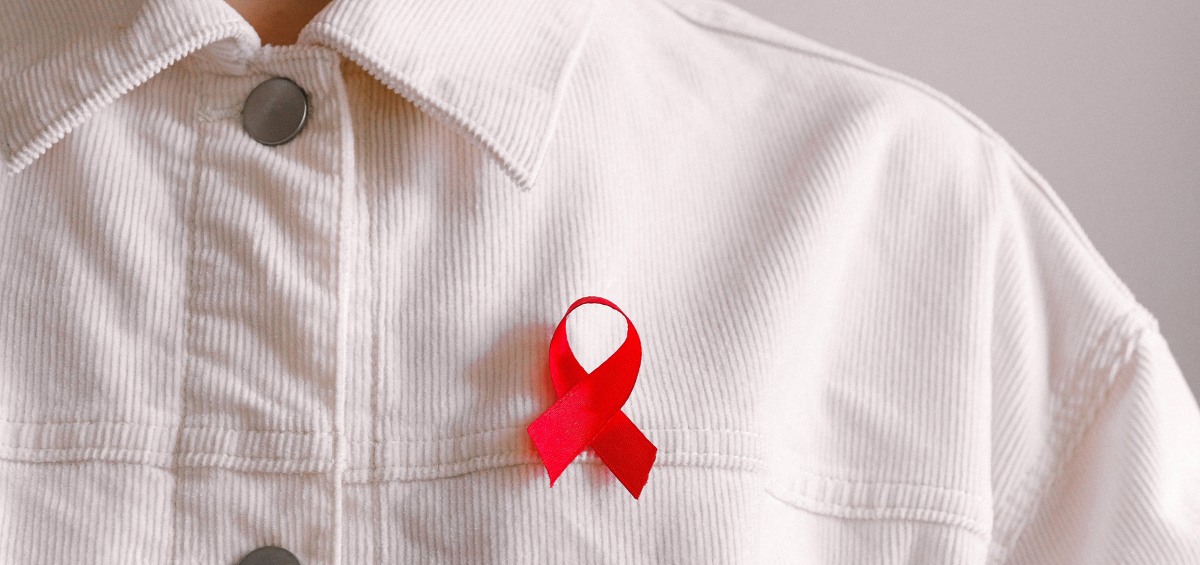World AIDS Day is held each year as a way raising awareness for HIV. Fraud paralegal, James writes about the importance of inclusive language within the discussion of AIDS and urges everybody to prioritise their sexual health and get tested.
What is World AIDS Day?
World AIDS Day takes place on 1st December. It is held as a way to unite in the fight against HIV, to show support for people living with HIV, and to remember those who have died from an AIDS-related illness.
The World Health Organisation’s (WHO) theme for World AIDS Day 2022 is ‘Equalize’. WHO is calling on global leaders and citizens to recognise and address the inequalities which are holding back progress in ending AIDS; and equalize access to essential HIV services.
The AIDS Epidemic
World AIDS Day is incredibly important, even as a reminder to look back at the 1980s, and how we are still looking for a cure for HIV AIDS. It’s unfortunate to say that even forty years later, it is still a held belief that gay men were the only people to blame for the AIDS epidemic.
Between 1970 – 1980, the UK faced a blood shortage and the NHS did not have enough to treat their patients. To compensate, Britain bought and transfused blood contaminated with HIV or hepatitis C into patients suffering from Hemophilia and other blood disorders. This blood was distilled from thousands of people including prisoners who were paid to donate at the time.
Yet in the wake of this lapse of judgement, which at the time, Prime Minister John Major attributed to bad luck (before he’d realised how offensive this sounded and eventually apologised for the remark) – the British press ran smear campaigns against gay men, blaming them for the epidemic.
While in the modern day, we have treatments which prolong the lives of those infected and reduce the risk of infection, we are yet to find a cure.
Why Language Matters
Inclusive language in the conversation of HIV AIDS is vital. We have seen the impact of the media’s smear campaign against gay men during the 1980s epidemic. Headlines such as “Britain threatened by gay virus plague”, “MY DOOMED GAY PLAGUE”, “I’d shoot my son if he had AIDS, says vicar” and “Gay Plague agony” are all real examples of what was put to paper and published for the masses to read. This explosive language would be abhorred today, but its impact is still present. HIV still holds strong connotations as a ‘gay-only disease‘; however, this view is simply untrue. Anyone and everyone is at risk of contracting HIV. It does not care about the gender of whom you sleep with, and it does not discriminate against whom it infects.
Changes to the processes of blood donation, funding for vital research, and publicly funded initiatives are all based in the statistics provided by hard-working charities, and the government. These statistics come from sexual health tests and are based on sexually transmitted diseases (STI). If we want to have comprehensive plans in place to reduce the spread of STIs we need to give these organisations as much data as we can. We should all get regular tests and checkups.
Get Tested
In modern-day Britain sex has changed a lot. People are more open to trying new things. People are also staying single for longer and the NHS seemly has reacted to this, enforcing a 3-month wait after sex with a new partner for anyone who wants to give blood. This is to reduce the risk of any recently acquired infections being passed through the blood, like it was during the epidemic in the 1980s and 1990s.
Find out here if you can give blood.
Sexual health is just as important as your mental and physical health. We should all be aware of the risks, medications available to us, and vaccines that we should be taking to ensure we and our sexual partners are staying safe and making informed decisions.
To all who are brave enough to have the conversation about AIDS and sexual health in a broader context, I urge you get tested. Find your nearest clinic or take a home testing kit and learn something new about yourself; whether it’s for peace of mind or for ensuring you receive the medication you need, getting tested is the easiest way to guarantee that we are all being as safe as we can be.
CEL Solicitors’ diversity committee meets monthly to discuss new initiatives to improve equality, diversity, and inclusion within the firm. We aim to challenge preconceptions, prejudice, and ignorance by being open-minded and finding new ways to positively contribute to the workplace and wider society.














